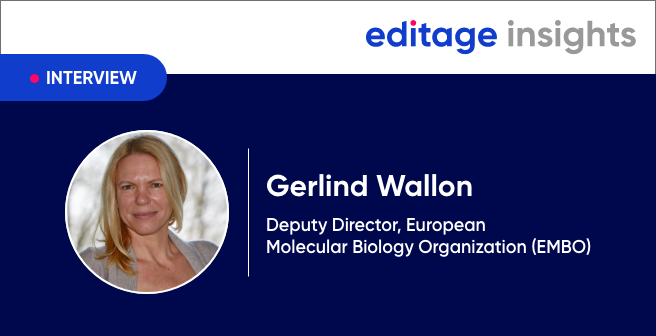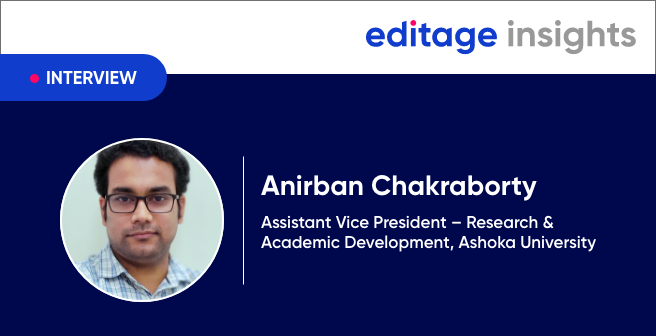“A good paper leaves the reader with the author’s intended sentiment.”

Can you describe your career in short? How did you decide to become a professional editor?
I have always enjoyed the process of assembling and presenting information, especially in thought-provoking subjects, such as science. Thus, after completing my doctoral degree in neuroscience, I knew I wanted to either teach or edit; I am fortunate enough to be doing both.
Tell us about your specialized subject of interest. What new developments are you eagerly following and believe are especially significant to the progress of your field?
Neuroadaptations interest me immensely. Addictive disorders wreak havoc on many lives, and the relapse rate of many of these disorders is notoriously high. Researchers believe this is because repeated exposure to an addictive substance, such as a drug, can induce lasting changes in certain areas of the brain. One of these areas is the prefrontal cortex, which controls decision making. Evidence suggests alterations in this region make it extraordinarily difficult for addicts to refrain from addictive behavior; thus, researchers are actively exploring these neuroadaptations in the hopes of uncovering a means to attenuate or reverse them. If this can be done, the lives of addicts and their families will improve dramatically.
You are part of the Psychology and Psychosocial Healthcare Center of Excellence at Editage, CACTUS. How does this association with an area of specialization influence your approach towards editing? What do you like most about this area of study?
I think research directed towards improving the quality of human life is of profound importance; thus, I am truly interested in the vast majority of manuscripts I edit. As a result, improving the manuscript doesn’t feel like work, and I can ultimately provide the client with a satisfactory revision.
As an editor, how do you define a good English paper? Do you have any advice for authors on how to improve their writing skills?
A good paper, whether it be a scientific manuscript or a short story, leaves the reader with the author’s intended sentiment. This partly depends on the similarity between ideas and the words selected to represent them; thus, always ask yourself whether an idea could be expressed in a different, more comprehensible way.
What advice would you give to editors on how to sustain their interest in editing and provide the client with high-quality work?
While sometimes challenging, it is invariably rewarding to help someone express his or her ideas. Imagine how relieved you would feel if you were trying to say something of great importance in another language and someone successfully helped you! The experiments discussed in the manuscripts we edit took a lot of time and energy, and many of the findings are worth reporting. Thus, for the client and the greater good, we should do the best job that we can.
Please tell us more about yourself; what are your hobbies or activities you enjoy when you are not working?
Since I spend the majority of my time working, I spend all of my free time with my family. I have two young children, so my “hobbies” basically consist of joining in whatever they happen to be doing at that moment, whether it be stacking blocks or having a tea party!
A few words for our clients…
I am committed to presenting your ideas as clearly and accurately as possible. That’s the reason I bear the author’s overarching message in mind while editing the work to ensure it is logically and comprehensively conveyed.



